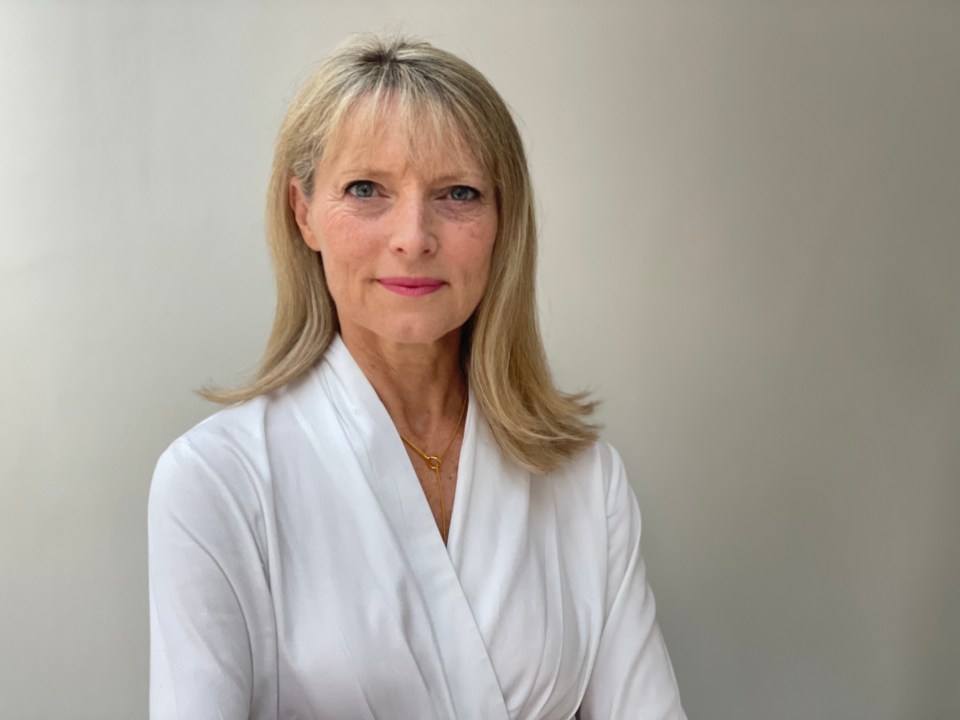
UK healthcare: three changes I’d be thankful for

The festive season here in the UK has not quite begun, but within American businesses like ours it’s traditional at this time of year for people to reflect and celebrate Thanksgiving Day to give thanks for our health and happiness, for our friends and family.
Like many people across the UK, one thing I’m incredibly thankful for is to live in a country which offers universal healthcare. Recent years have given us all reason to reflect on the importance of the NHS in our lives.
But the COVID-19 pandemic has also shone a bright light on growing issues, both within our healthcare system and in wider society, which need to be addressed to meet the nation’s evolving healthcare needs.
Firstly, we are seeing a widening societal gap in the nation’s health, with a 19-year gap in life expectancy between those born in the richest and most deprived areas.[1] This problem is becoming ever more urgent, with millions of Britons living in poverty[2] while facing rising fuel bills and food prices along with potential cuts to vital public services this winter.
Public health experts have warned for years of a growing gulf in health outcomes and the people who struggle most are those who already face disadvantage in life, such as people with lower incomes and fewer qualifications, and those from non-white and non-English-speaking backgrounds.
The Government’s long-awaited White Paper promising “bold action” to narrow this social divide was promised last spring and has yet to materialise. It isn’t the issue these communities are hard to reach, but hardly reached.
Secondly, there are an estimated 1.2 million patients who are eligible for, but not currently receiving, treatments which would extend their lives, and also add billions to the economy through increased productivity.[3] Helping the stretched doctors and nurses in these difficult times with new treatments options would not only help these 1.2m patients and the NHS but positively impact the UK’s economic outlook.
Good public health is good for the UK economy, and for confidence in UK PLC which is vital to our economic recovery. When we make people better, we enable them to work productively, generate wealth, invest, and spend. In contrast, failing to make them better creates a long-term economic liability and capacity challenge for the NHS.
Prioritising innovative treatments which may have the potential to cure patients would come with up-front investment cost, but improve health outcomes for patients, the health system, and the economy in the long term. Finally, despite the UK being one of the world’s leaders in life sciences, many of the most innovative new medicines are not available to patients, often in contrast with comparable countries.[4] Of all the new medicines approved by the European Medicines Agency between 2017 and 2020, just 68% have been made available in England compared with 92% in Germany.[5]
Our healthcare system is under a lot of pressure, so when we invest in medicines, we need to think carefully about the full value that they bring. Investing in medicines can not only positively influence the patient’s outcome, but also on NHS capacity by treating people earlier with more effective treatments. The latest generation of highly specialised therapies has transformed the prospects of people with a wide range of complex and hard-to-treat illnesses, but sometimes our systems miss the mark by failing to recognise the full benefit, meaning too many innovative treatments fail the “value for money” test.
When he became Prime Minister, Rishi Sunak said he would implement the 2019 election manifesto which explicitly calls out health inequalities as one of the nation’s most important priorities to address, while also pledging to make the UK “the leading global hub for life sciences after Brexit.”
He must now act on those crucial manifesto pledges – working with all parts of the health system to properly recognise the value of investment in medicines; enable access and uptake of the latest medical technology for UK patients; and bring forward new measures to help close the societal gap in health outcomes among our population.
In doing so, it would show the millions of Britons facing an unprecedentedly challenging winter that this Government is truly committed to narrowing this country’s social divide, and to creating a better, healthier future for this country.
That would truly be something to be thankful for.
By Véronique Walsh, General Manager, VP, Gilead Sciences, UK & Ireland

UK-UNB-3230
[2